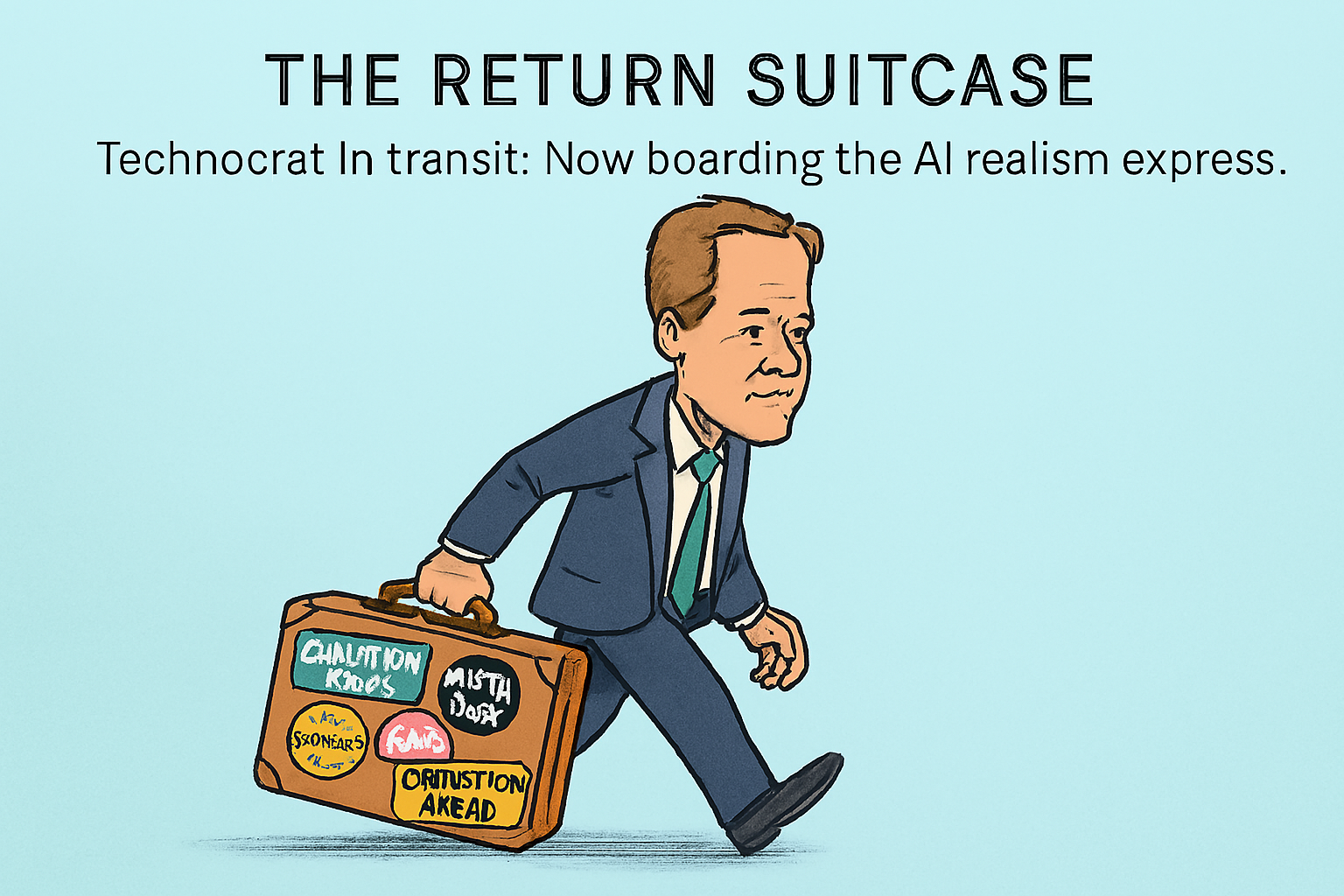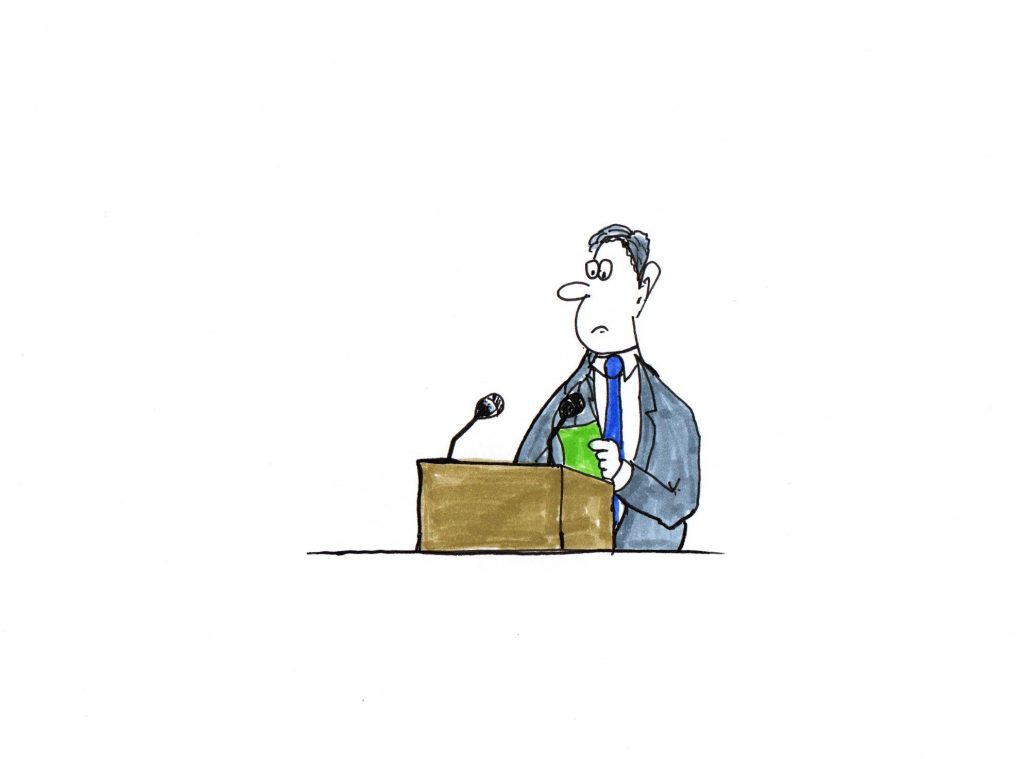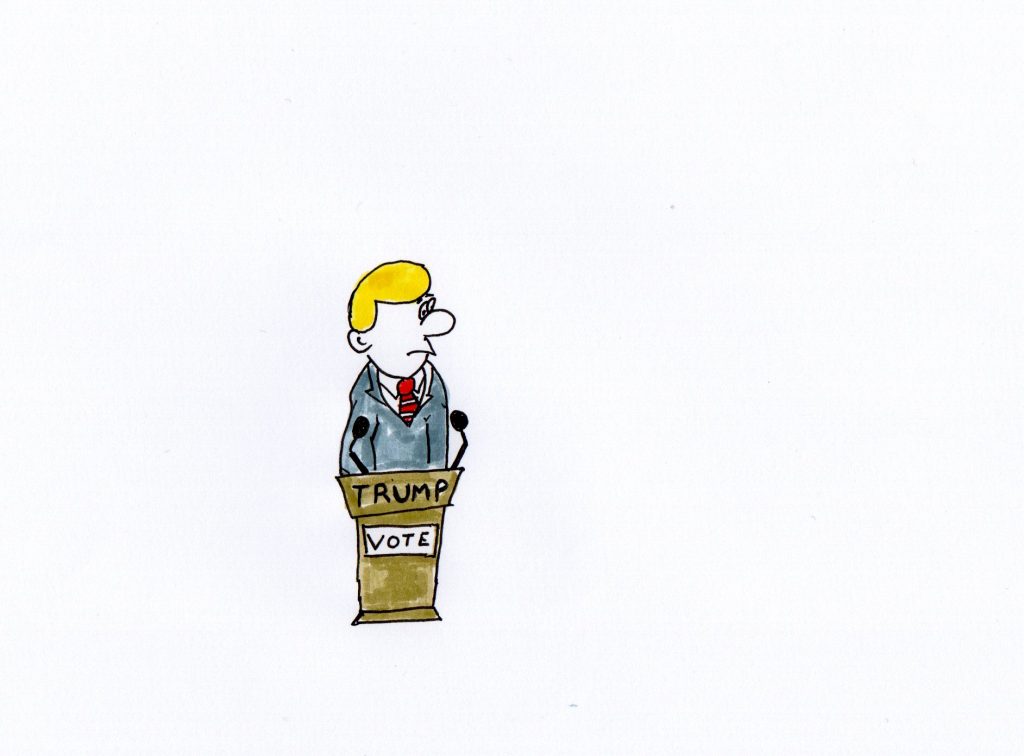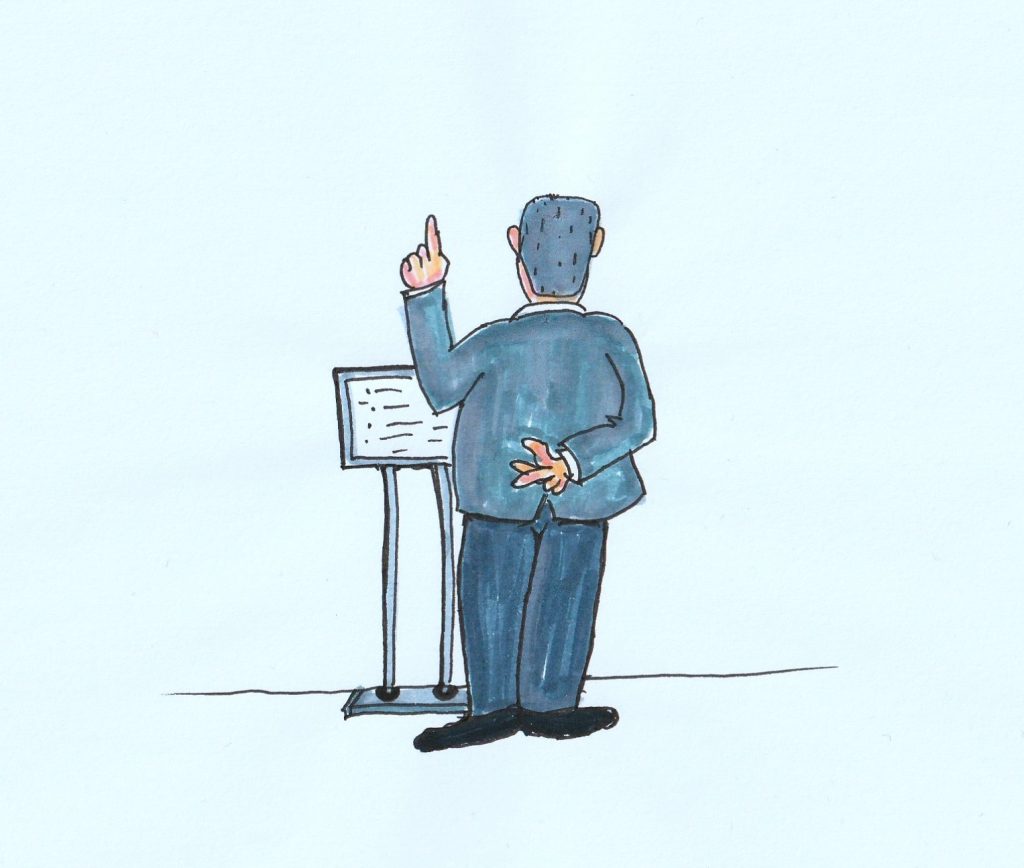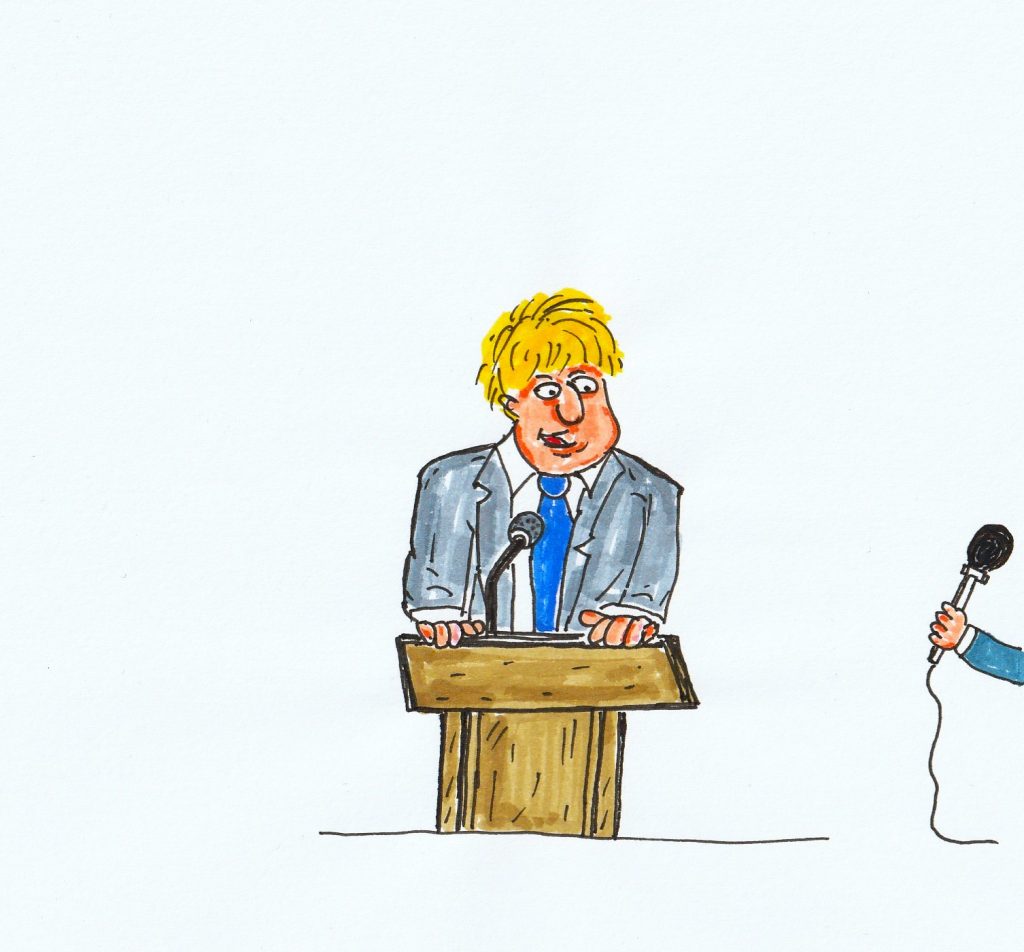After years in Silicon Valley’s policy sanctum, Nick Clegg has re-emerged on British soil with a warning: the AI sector is overheating.
The man who once fronted a coalition government, then pivoted to Meta’s global affairs desk, now cautions that the ‘absolute spasm’ of AI deal-making may be headed for a correction.
Is this his opinion or just borrowed from other commentators. I, for one, am not interested in what he has to say. I did once, but not anymore.
It’s a curious homecoming. Clegg left UK politics after his party was electorally eviscerated, only to rebrand himself as a transatlantic tech ‘diplomat’ or tech tourist.
Now, with the AI hype cycle in full swing, he returns not as a policymaker, but as a prophet of moderation—urging restraint in a sector he arguably helped legitimise from within.
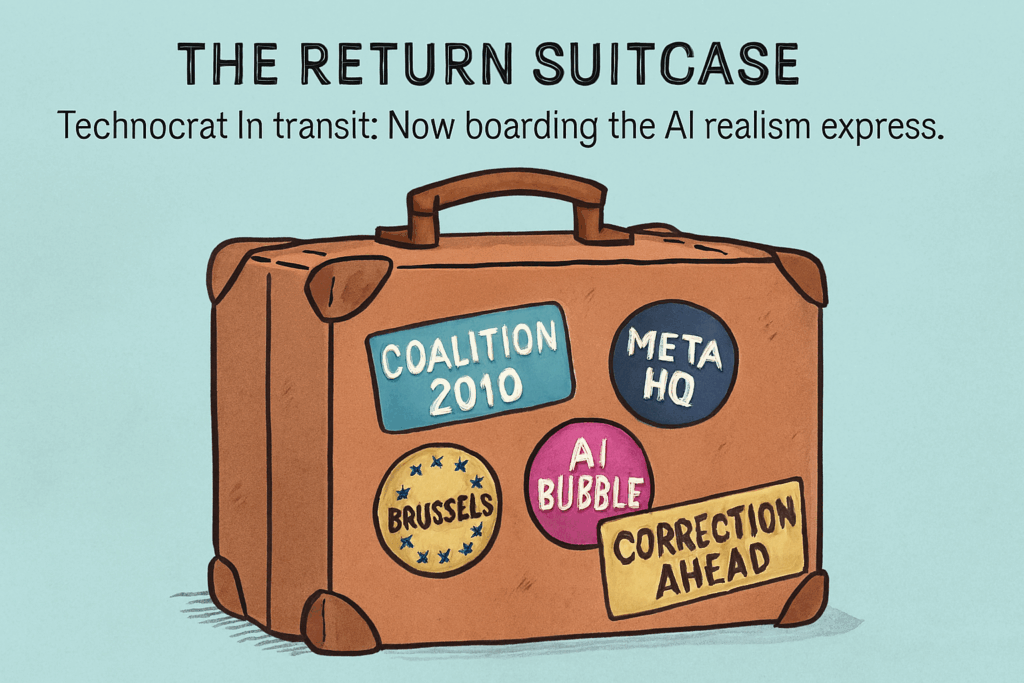
His critique isn’t wrong. Valuations are frothy. Infrastructure costs are staggering. And the promise of artificial superintelligence remains more theological than technical. But Clegg’s timing invites scrutiny.
Is this a genuine call for realism, or a reputational hedge from someone who’s seen the inside of the machine?
There’s a deeper irony here: the same political class that once championed deregulation and digital optimism now warns of runaway tech. The same voices that embraced disruption now plead for caution.
It’s less a reversal than a ritual—an elite rite of return, where credibility is reasserted through critique.
Clegg’s message may be sound. But in a landscape saturated with recycled authority, the messenger matters.
And for many, his reappearance feels less like a reckoning and more like déjà vu in a different suit.
Please don’t open your case.


